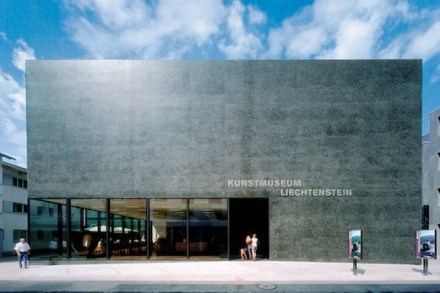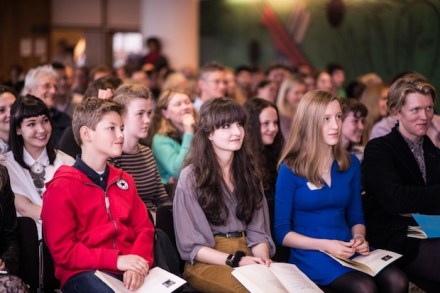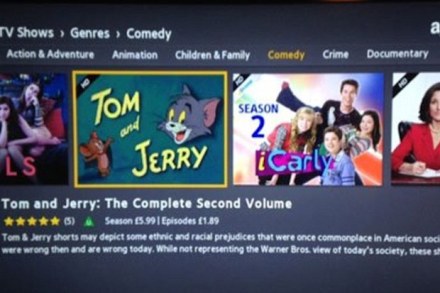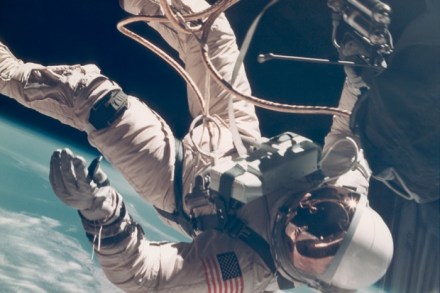Bored bores boring – critics love the Dull Men’s calendar
The Telegraph has a nice photo gallery featuring the specimens of the 2015 Dull Men of Great Britain calendar, which our own Dot Wordsworth plans to give her husband for Christmas: ‘I had thought that dull, in reference to people, was a metaphor from dull in the sense of ‘unshiny’. ‘Dieu de batailles!’ as the Constable of France in Henry V exclaims of the English, ‘where have they this mettle?/ Is not their climate foggy, raw and dull?’ But I was quite wrong, as so often. It started off (in the form dol) meaning ‘foolish’. In English almost as old as you could care to have it, the author of The



















